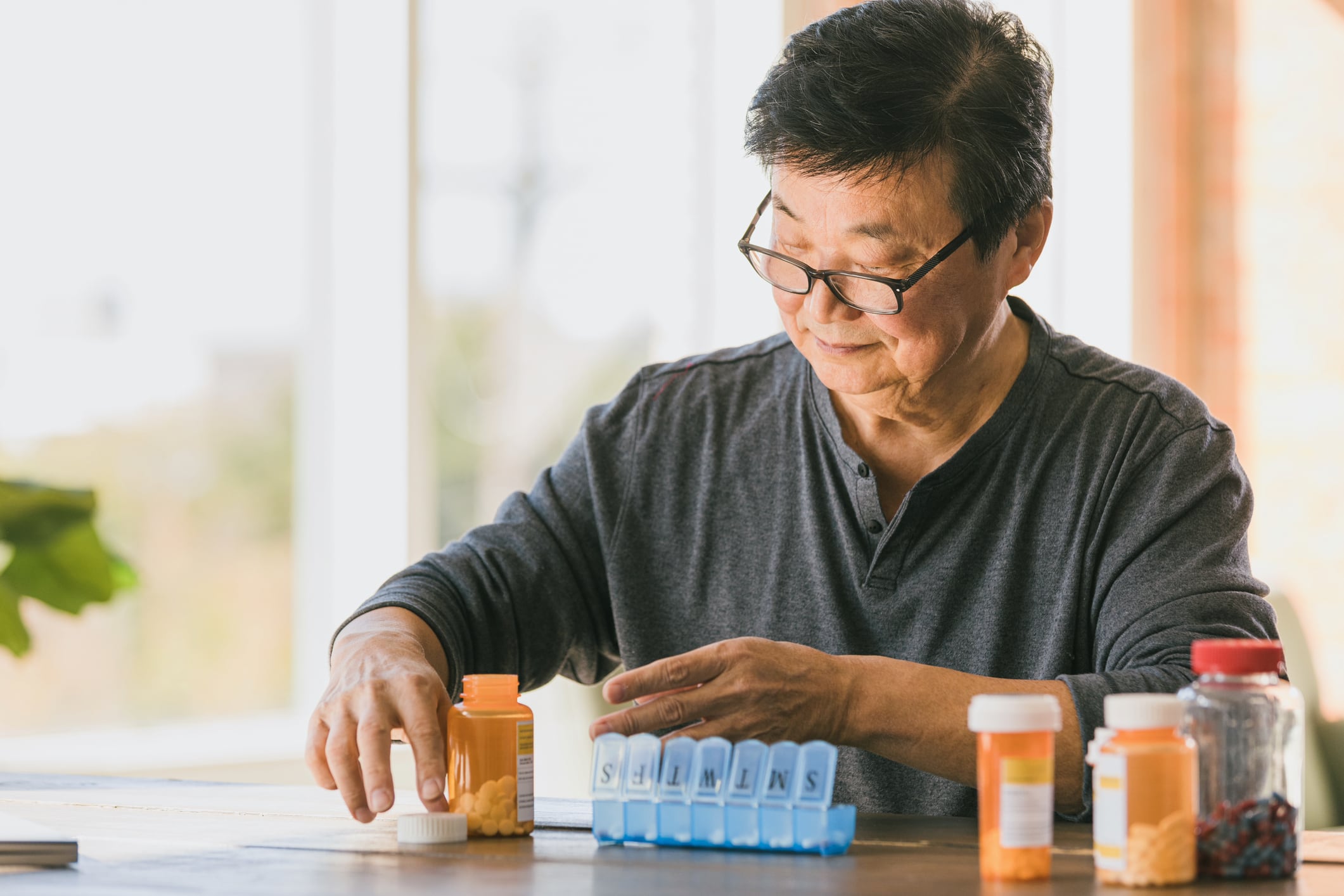Jacqueline Poh, managing director at EDB highlighted the above when giving a presentation titled “Healthy Longevity in Singapore” at the recent Founders Longevity Forum held in Singapore on February 27 and 28.
The event at W Sentosa Singapore Cove was organised by the Founders Forum Group, Longevity.Technology, and the National University of Singapore (NUS)’s Academy for Healthy Longevity Yong Loo Lin School of Medicine.
“We see healthy longevity not only as a healthcare priority, but also as EDB’s economic opportunity that can drive innovation, develop new jobs, and lead to the creation of new products and services from Singapore, with the market being estimated to reach US$30bn in 2030,” said Poh.
The industry is already making in roads into the healthy longevity space.
An example that Poh gave was L’Oréal, which has invested in Timeline, a Swiss biotech start-up that has developed a proprietary molecule known as Mitopure clinically proven to optimise mitochondrial function.
Another example is dsm-firmenich, which has been developing science-based nutritional solutions targeting the hallmarks of ageing, she said.
As a country, she said that Singapore has also actively tapped on the economic opportunities that brought by the emerging healthy longevity sector.
“The decisions that we’ve made today will shape the future of human health but also economic prosperity.
“We can seize these opportunities together to redefine healthy longevity not just as a challenge to be managed, but as a new frontier to be explored,” she said.
Some of these opportunities that Singapore has tapped on are in the area of research and innovation.
Poh gave the example of how longevity-focused research institutions like the National University Health System Centre for healthy longevity (NUHS CHL) and NUS Yong Loo Lin School of Medicine Academy for Healthy Longevity have set up their base in the island-state.
The NUHS CHL has been conducting research in animal models to delineate the mechanistic pathways of ageing, as well as translating these insights to human clinical studies.
One of their ongoing studies is to find out how diet, lifestyle and environment affect the oral microbiome and disease.
The Academy for Healthy Longevity, on the other hand, is capitalising on research, innovation and education in precision geromedicine.
Last year, scientists from Duke-NUS Medical School also identified interleukin-11 (IL11) as key driver of ageing.
They also found that the use of anti-IL11 therapy can counteract the effects of ageing, as well as increases lifespan in preclinical model.
Aside from scientific research, Poh said that the country has seen MNCs building their nutrition facilities.
These companies can also tailor their products for Asian consumers out of Singapore which also has a multi-racial population.
An example is Abbott Nutrition, which Poh said has built an Asia-Pacific research and development centre in Singapore, which is also the company’s largest nutrition facility outside of US.
“In Singapore, Abbott focuses on food and sensory science, novel ingredients evaluation, and clinical nutrition science to tailor products, flavours, and packaging to the taste preferences and specific nutritional needs of people in all stages of life in Asia,” she said.
Public-private partnership is another pillar of what Poh said would make for “a good longevity ecosystem”.
She said that the public sector in Singapore such as the Health Promotion Board has been working with Abbott in introducing programs such as DigiCoach.
The program is designed to help people with pre-diabetes or high body mass index (BMI) prevent or delay the onset of diabetes by being more aware of how their daily actions impact their glucose levels.
Poh urged for greater collaboration between researchers, investors, companies, and policymakers to shape the future of longevity in Asia.
“To truly unlock the potential of healthy longevity, we need collaboration, we need all of you, whether you are academics, or researchers or entrepreneurs, investors, or policymakers to partner with us to shape the future of longevity in Asia.
“For academics and researchers, we ask you to collaborate with our world-class research institutions to push the frontiers of ageing biological and translate discoveries into real-world solutions.
“For investors and entrepreneurs, please explore setting up operations in Singapore to develop Asia relevant longevity solutions from diagnostics to therapeutics, from digital health to wellness interventions
“For policymakers and government, let us share best practices and work together to create robust industry standards and regulatory pathways to support this growing field,” she said.
Longer lifespan leads to the pursuit of longer healthspan
The pursuit of healthy longevity comes on the back of increasing lifespan. This in turn drives the demand for products and services that support longer health span, including nutrition supplements.
Globally, life expectancy is forecast to increase from 73.6 years in 2022 to 78.1 years in 2050.
A study by Global Burden of Disease (GBD) in 2021, however, found that the total number of years lost due to poor health and early death had increased by 50 per cent since 2000.
In Singapore, while the nation’s health span was the longest in the world in 2021 at 73 years, the average Singaporean still suffered from a decade in poor health before passing on.
“While the world is living longer, more people are spending the latter parts of their years in poor health.
“Longevity should not just be about adding years to life, it is about adding life to years,” said Poh.
In this case, the country’s Ministry of Health aims to further narrow the gap between lifespan and health span by adding life to years.
National programs such as Healthier SG and Age Well SG, as well as raising immunisation rates among the seniors for common and high burden diseases such as influenza and shingles have been introduced.
Beyond these, there are other factors at play in supporting healthy longevity, including access to better nutrition and provision of space.
“Individuals must be encouraged to take charge of their health from a younger age and this will lead to greater demand for greater spectrum of products and services, ranging from personalised nutrition, fitness, and molecular diagnostics,” she said.





